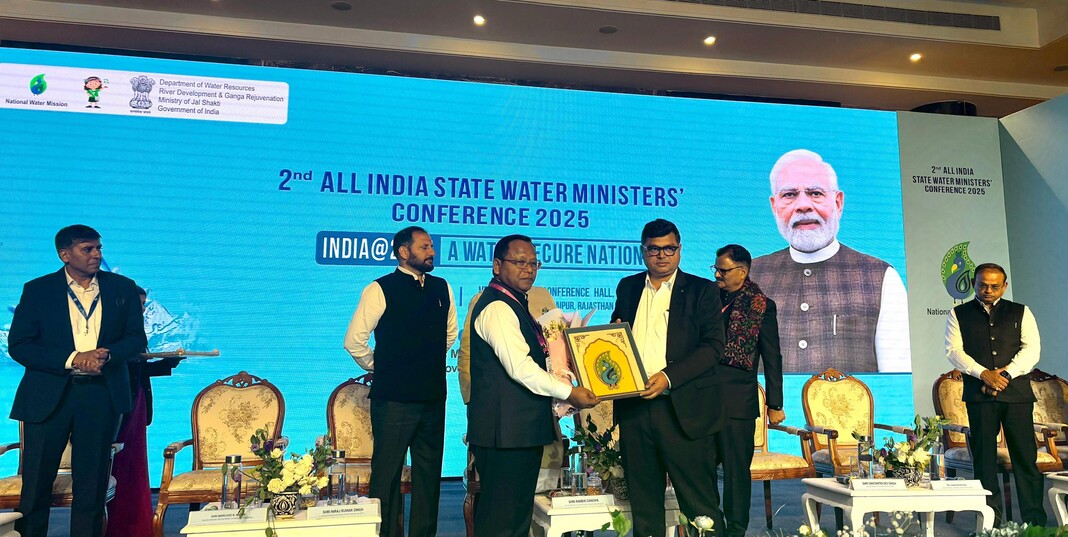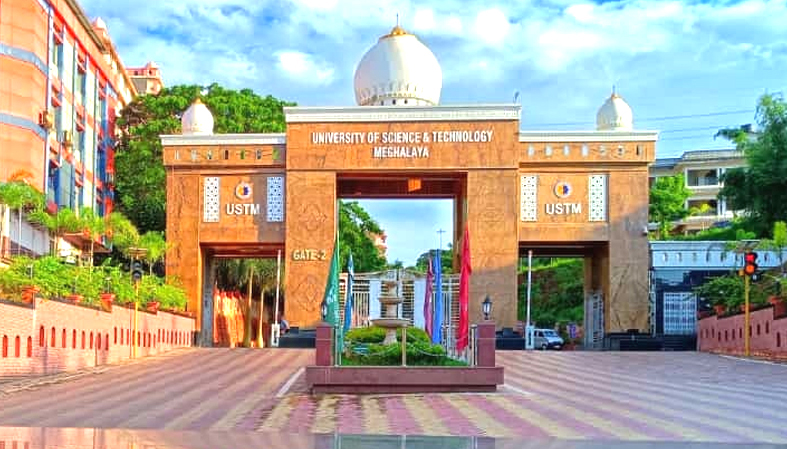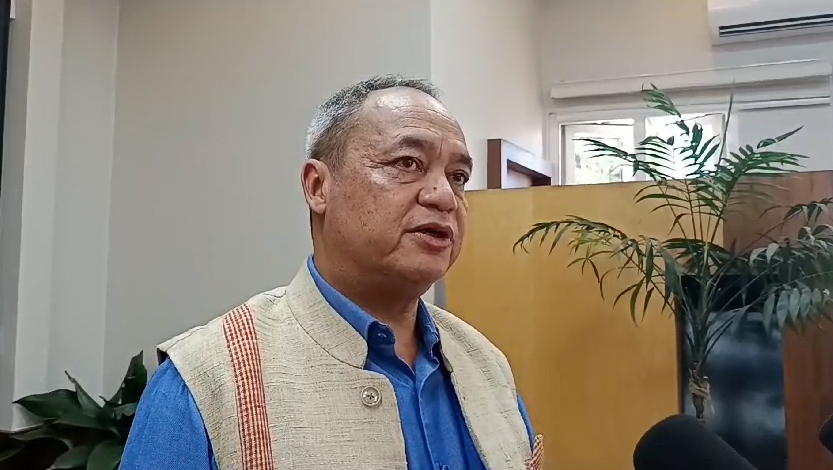Govt identifies steps to mitigate water crisis
Shillong, Feb 20: Soil and Water Conservation Minister, Marcuise N. Marak today said that depletion of water sources has led to severe water crisis and the government has identified intervention to mitigate the challenges.
Addressing the 2nd All India State Water Ministers’ Conference in Udaipur, Rajasthan, the minister said that government has identified the issue and have initiated corrective measures.
He informed that the water resources department has identified 747 critical water sources in Meghalaya, including springs, conservation ponds, dugout ponds, and irrigation check dams each vital for sustaining water supply, particularly in water-scarce areas. The state has also mapped 55,915 springs, many of which are at risk due to over-extraction and environmental degradation.
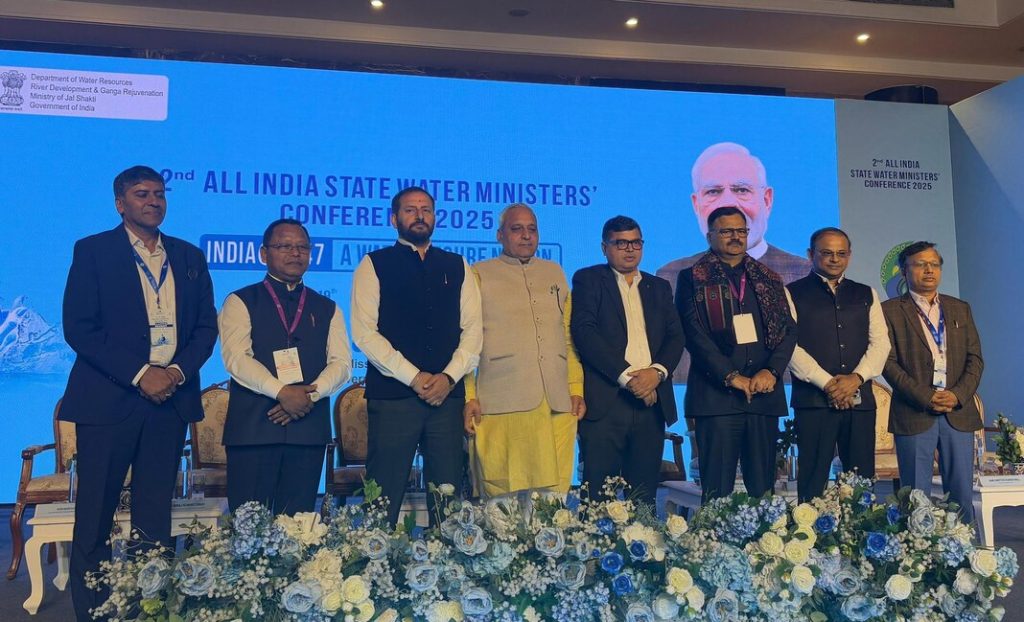
“Surveys under the Jal Jeevan Mission (JJM) have confirmed that these 747 water sources are either drying up or experiencing reduced discharge rates. If left unaddressed, this could lead to a severe water crisis for our communities. Protecting and rejuvenating these critical water sources is essential to ensuring long-term water security and sustaining livelihoods across the state,” he added.
Informing further that springs are the primary source of water for rivers and streams, sustaining life in the hills and valley, the minister said, “Despite Meghalaya’s high rainfall, 80% of its villages depend on springs for drinking water and irrigation. Yet, 50% of these springs have either dried up or significantly declined in discharge. This crisis is exacerbated by environmentally unsound activities such as mining, unsustainable agriculture, and deforestation”.
He also lamented that despite 76% forest cover, only 3% is classified as very dense forest in the state.
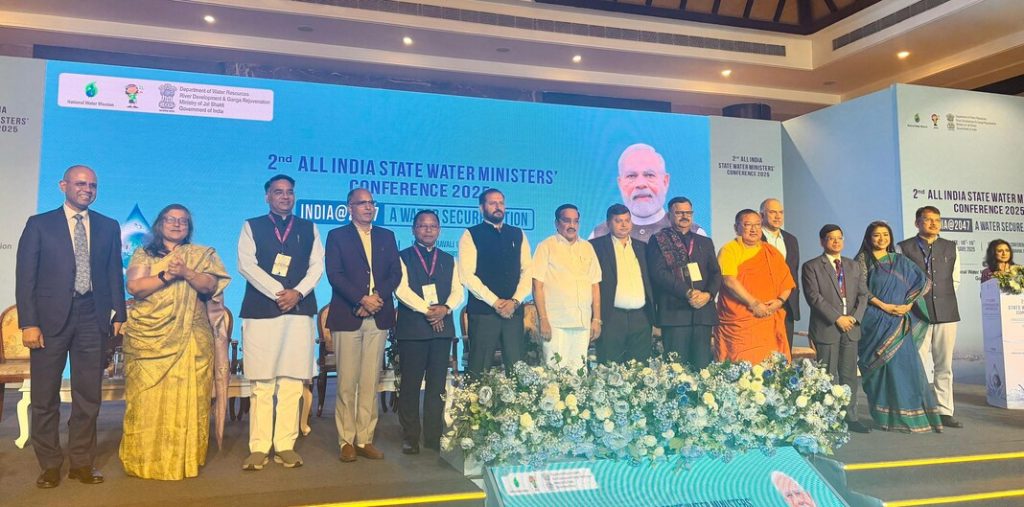
Talking about the crisis, he informed the gathering about Meghalaya’s water policy and interventions being taken to rejuvenate water sources.
“As a state, we are taking steps for sustainable water management and conservation efforts to mitigate the impact on both power generation and daily water supply”, he added.
Talking about growing population and rapid urbanisation, he said, “Deforestation and land degradation have reduced water retention and groundwater recharge, resulting in increased surface runoff and erosion.”
Stressing on the need to protect and rejuvenate the springs, he said, “Meghalaya is a Sixth Schedule state, where community ownership of land is paramount, and local participation is crucial.”

